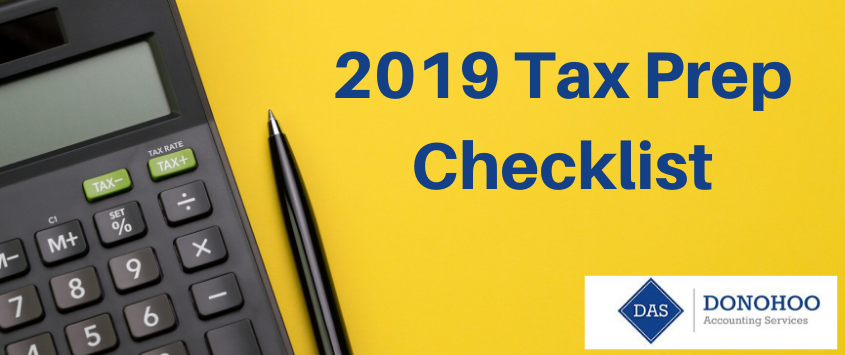What’s Different In 2021 About Saving For Retirement
2020 was a challenging year for everyone, but the retirement changes that occurred because of coronavirus legislation did offer some advantages to retirees and retirement savers.
The CARES Act (Coronavirus Aid, Relief and Economic Security Act) was a $2.2 trillion economic stimulus package that sent stimulus checks to many Americans and boosted unemployment benefits. Here’s a summary of the CARES Act “silver lining” for retirees:
Required Minimum Distributions (RMD)
The CARES Act gave retirees a pass on the required minimum distribution, which would normally require them to withdraw money from an IRA and pay income tax on it. The free pass ended in 2020 however, and retirees will have to resume taking their RMDs in 2021.
Retirement Plan Withdraws
Another positive outcome of the CARES Act is it allowed up to $100,000 of retirement account withdrawals with no penalty as long as the person was younger than 59½. It also gave permission to spread out the tax on any retirement plan withdrawals over three years, and replace the money if they wanted to as long as the withdrawal was related to COVID. The early withdrawal penalty is reinstated for 2021, and any income on withdrawals will have to be counted as income unless the person qualifies for the COVID-Related Tax Relief Act (COVIDTRA) of 2020.
Retirement Loan Plans
In 2020, savers could borrow up to $100,000 from their 401(k) accounts without making payments on those loans for 12 months. In 2019 they could only borrow $50,000. This change could continue into 2021 if the retirees qualify for the COVIDTRA.
IRA Limits for Deductible Contributions
There is no change in the amount you can contribute to an IRA in 2021, but the income limits on contributing to a Roth IRA or deducting a traditional IRA are slightly higher.
Social Security COLA
The Social Security Administration instituted a 1.3 percent cost of living adjustment (COLS) for most beneficiaries that took effect January 2021. There is a $20 average monthly increase in Social Security retirement payment this year to $1,543. For a worker at full retirement age, the maximum monthly Social Security benefit is now $3,148, up $137 from 2020. Full retirement age for those people born in 1955 is 66 years and 2 months. That number rises gradually to 67 for anyone born in 1960 or later.
Do you have questions about saving for retirement during a pandemic and beyond? Or are you unsure about how or if last year’s changes in legislation affect your personal retirement plans? You can trust experienced accounting professionals like Donohoo Accounting Services to answer your questions. We’ve been assisting individuals and businesses with their tax preparation and retirement planning for more than two decades, and we would be happy to help you, too. If you are interested in learning more or scheduling a retirement savings consultation, please call 513-528-3982. For more tips and our latest updates, check us out on Facebook, Twitter or LinkedIn!









